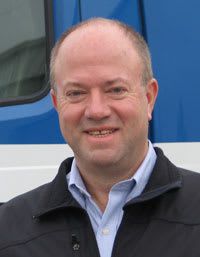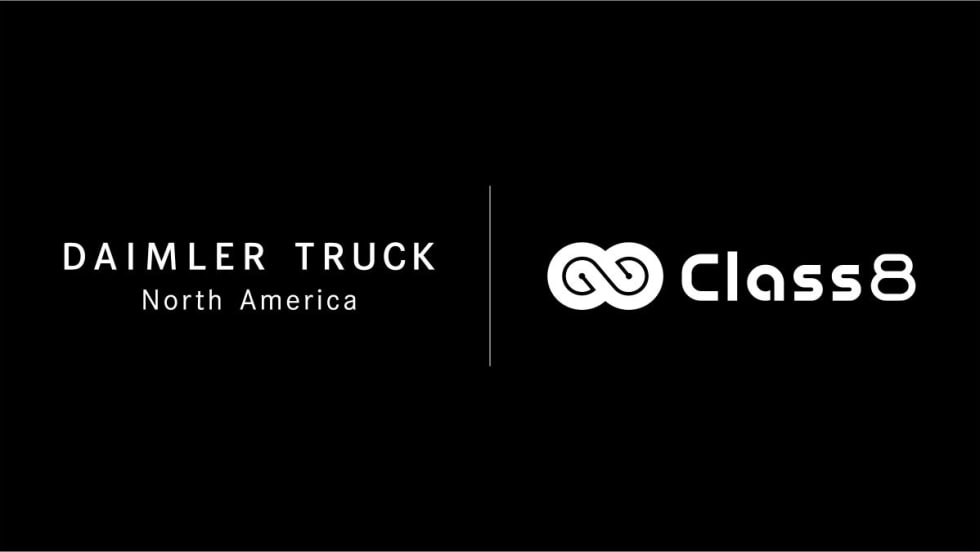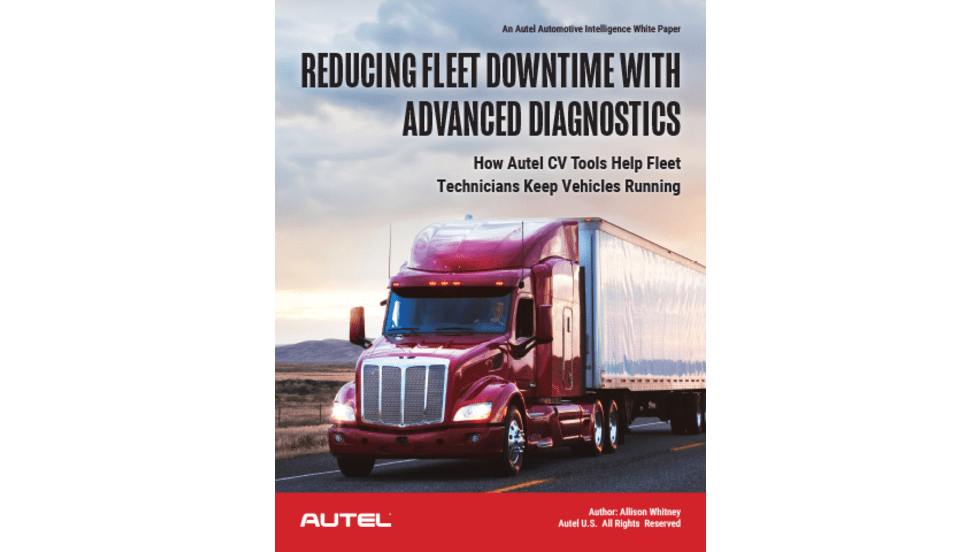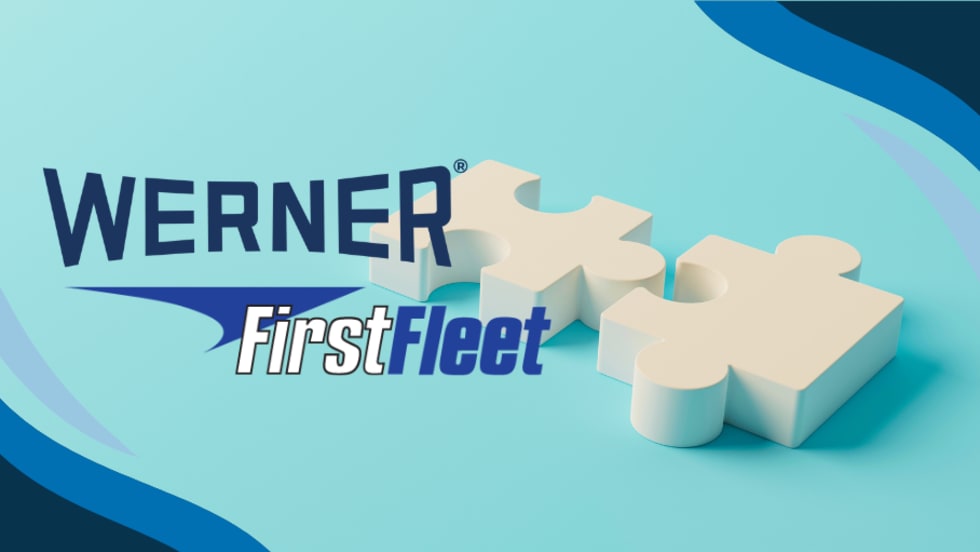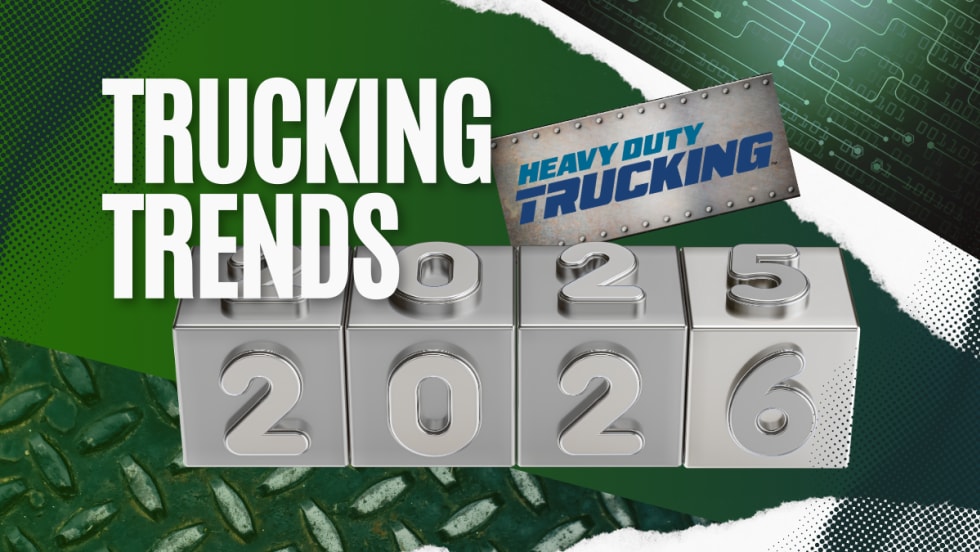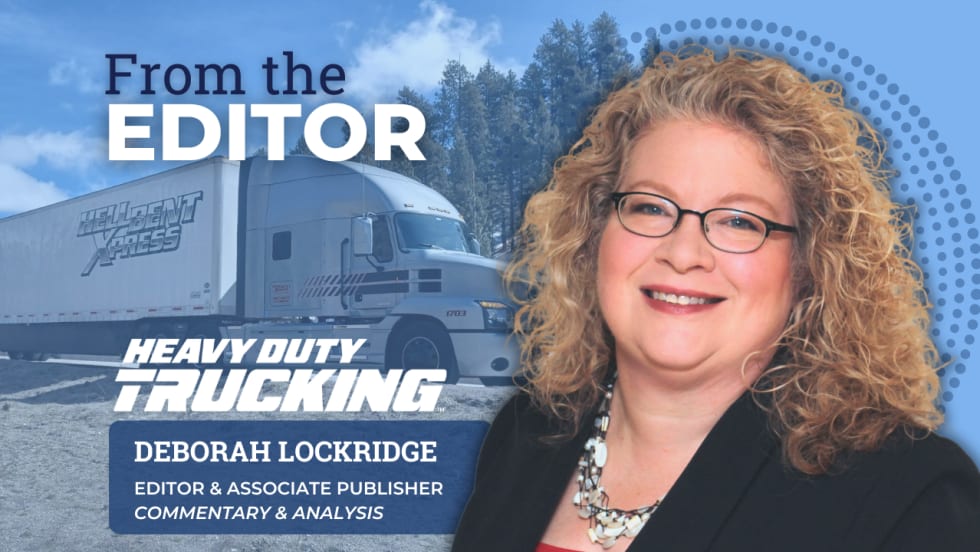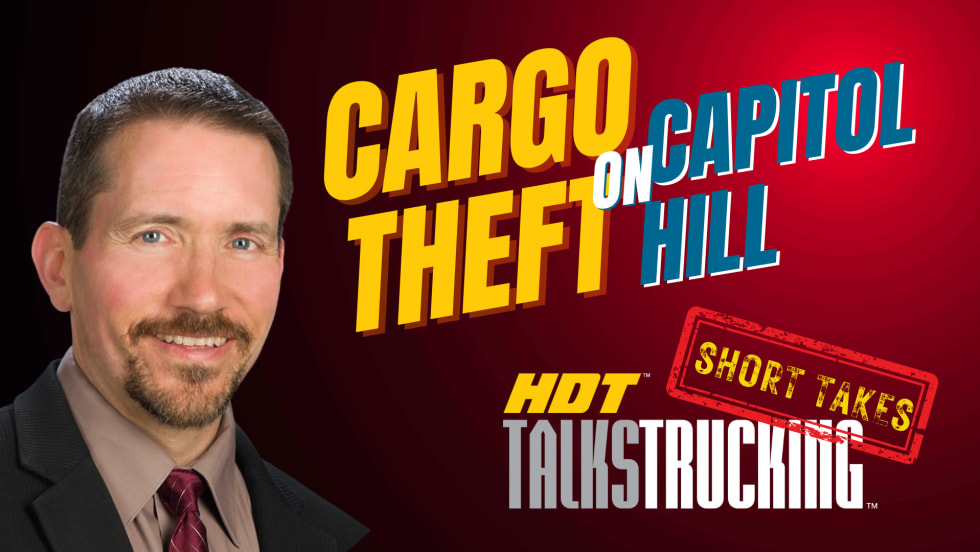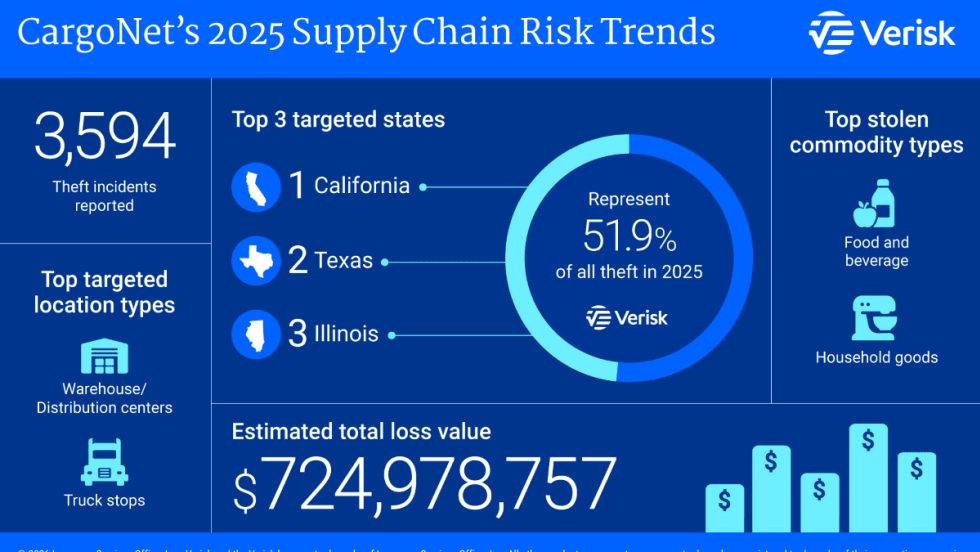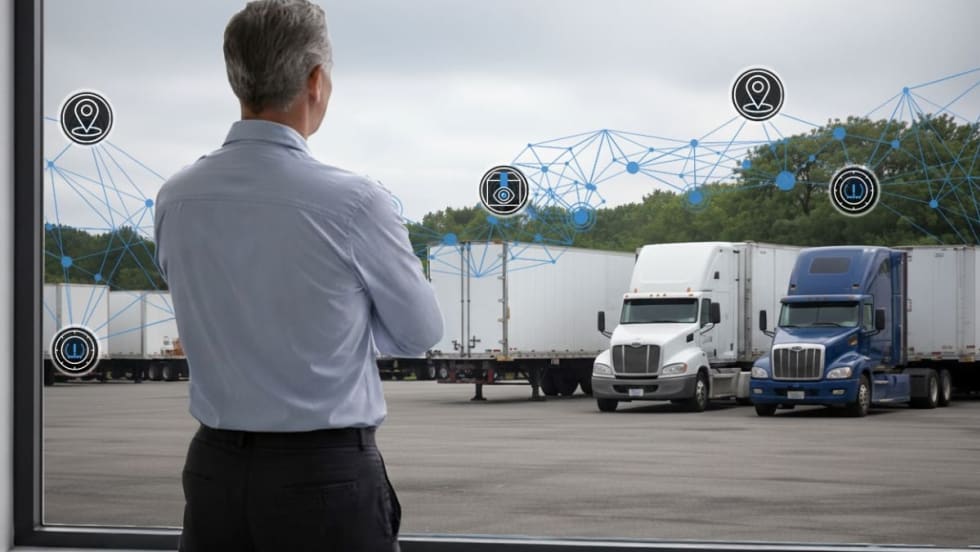Sometimes, innovation is in the details. Take Terry Clouser's invention to help technicians save time and effort when checking to make sure all the lights on the front of the truck work: a mirror.

Mounted in the front of the service bay where the technician pulls the truck in, the mirror allows the tech to look at the reflection and make sure low beams, high beams, turn signals, etc., are working - before he ever climbs down from the truck.
It's one of those ideas where you say to yourself, "Why didn't I think of that?"
Clouser has approached every aspect as director of maintenance for AAA Cooper with that same attention to detail. He was recruited nearly four years ago by the family-owned Dothan, Ala.-based LTL/dedicated/port carrier after taking an early retirement from UPS, where he worked for 27 years.
He first came in and focused on staffing, parts and tires. He reviewed the company's parts buying and found ways to buy better-quality parts for less, leveraging the company's 41 maintenance locations to get national-account-level discounts. (Others in the 80-terminal network are served by 15 mobile service trucks for items that can't wait until the truck is routed to one of the locations with a shop. New to the fleet is a mobile service trailer complete with air compressor, welder, generator, tires, parts, etc.)
Clouser outsourced the company's tire work to a vendor mounted-wheel tire program, which improves safety. "Handling truck tires is a way to get hurt really easily," he notes. "It's like hanging drywall. You let someone else do it and do it right."
Setting standards
At UPS, Clouser learned about time motion studies. He brought the same techniques to bear at the maintenance operations of the smaller company.
"At UPS it was really structured, with policies and procedures," he says. "Here it was more results-oriented - it didn't matter what order, as long as it was done."
Clouser came in and worked with the ACT maintenance team to develop standard practices and checklists for inspection and maintenance procedures. This not only saved technicians time, it also helped make sure no steps were accidentally skipped if the mechanic were interrupted during the process.
"What happens is, you get called off of the job, how do you remember where you were? If it's the same every time, you'll remember," he says.
There are separate PM procedures/checklists for the different types of equipment - trucks, trailers, dollies, forklifts, yard hostlers, liftgates, etc. (The company has just over 11,000 total pieces of equipment.) There's a tire manual, as well, because, "You might say a tire's worn, I may not," Clouser says. The manual clarifies what's needed to meet DOT requirements.
And the procedures save wear and tear on technician's joints when they can get all their under-chassis work done with a single creeper pass, and avoid climbing in and out of the cab multiple times. Each PM also adheres to the required annual inspection criteria, so they can be assured they're always in compliance in that regard.
With the advent of the Federal Motor Carrier Safety Administration's CSA enforcement program, Clouser has added to this already strong maintenance program with training for drivers and technicians about the need for throughout pretrip and post-trip inspections, and has implemented Monday-morning yard checks. After the trucks have been sitting over the weekend, technicians check all the trucks in the yard for problems such as tire inflation, inoperating lights, wheel seal problems or other issues the driver may not have caught. So far, Clouser says, the company is well under all of its peer scores.
AAA Cooper runs the largest fleet of all-Volvo trucks with all-Volvo engines, about 2,000 of them.
Automatic chassis lubrication systems being ordered on all new trucks help make sure equipment stays properly lubed and help avoid messy and dangerous oil drips in the shop. "Before, mechanics would spend hours trying to get something apart" because of lack of lubrication, he says. No more. And automatic tire inflation system are now ordered on all trailers and dollies.
Aerodynamics and emissions
For aerodynamics, Clouser has been evaluating trailer skirts and AirTabs on the back of some tractors and trailers so far are showing promise. For safety, he has been investigating stability control and spoke admiringly of a recent demonstration he attended showcasing collision warning and avoidance technology.
As an all-Volvo fleet, Clouser is sold on the use of selective catalytic reduction technology to meet EPA 2010 emissions standards - but so far he's only testing them for Volvo.




